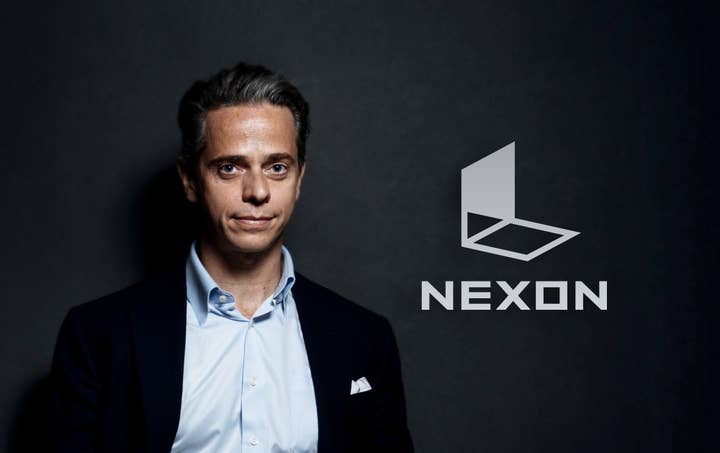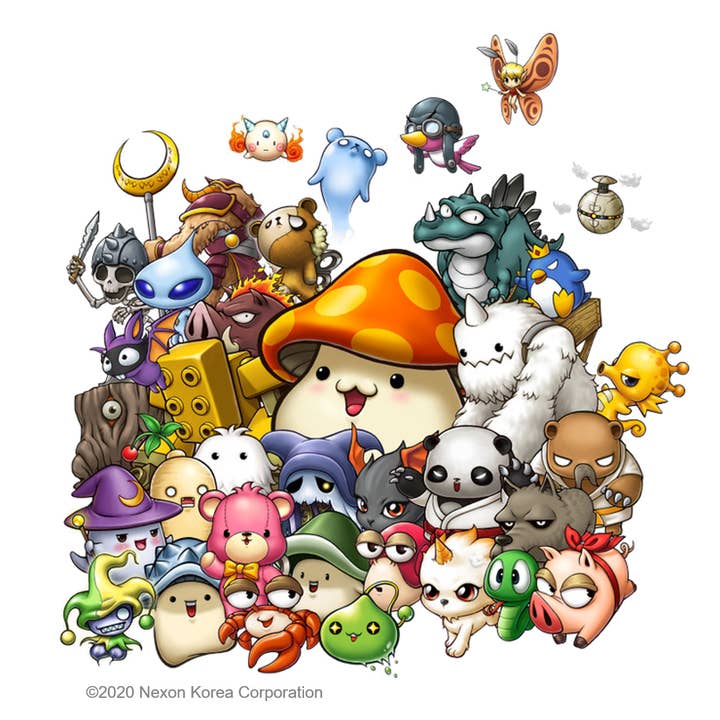Nexon CEO: COVID-19 has spotlighted gaming's importance
Owen Mahoney suggests that gaming's resilience in the face of pandemic is reflective of its broader role within entertainment
When Nexon reported its Q1 financials last week, it offered one of the first clear narratives of the impact of COVID-19 on games businesses -- through the closure of PC gaming cafes.
This, along with negative impact from exchange rates, saw the company's revenue from China drop 42% year-over-year, largely due to its popular title Dungeon&Fighter.
However, speaking to GamesIndustry.biz, Nexon CEO Owen Mahoney points out that even though it's easy to grasp at tangible narratives to explain business outcomes, PC gaming cafe closure really only had a minor impact on the company.
"It was pretty much the only negative discernible thing that we had in our business," he says. "Our China business came in as we expected, so it was definitely within our range. And we were affected to some extent by the closure of the PC cafes, but the bulk of our business is completely virtual. So it doesn't require a PC cafe to do, and we don't expect PC cafe closures to be a big part of things going forward. So there's some impact, but it's minor."
"This is where I think we are very, very different from other entertainment industries"
That doesn't mean things haven't been challenging, Mahoney adds. Aside from concerns about the known human impact, the transition to work-from-home was a massive undertaking for the company -- though its business in China allowed Nexon to prepare the rest of its global infrastructure ahead of time.
"We have 350 employees in China," he says. "We saw this happening really early in January. We immediately got together as an executive team, assigned a task force to look at it, and said, 'Whatever is happening in China is going to hit around the world within a few weeks.' We knew that this was coming and we pushed ourselves really hard to make sure that we weren't going to have a decline in productivity.
"You've got to think about things like VPNs. You've got to have a very good security policy, but then you have to work really hard and keep in touch with people in Zoom meetings. You have to be talking constantly and you have to keep yourself on schedule. And this happens both at a management level, but also on an individual level. So our HR teams and our admin teams have worked really hard to make sure that we stay on track on this.

"I was talking to one of my development executives the other day, and he said, 'Look, I hate to say it, but I think we're doing better than we were before. We're missing a huge commute.' And yeah, a lot of stuff that happens at the office is overhead, and those things are very time consuming, you know, to get to the office. Having said all that, if you ask any employee at Nexon, we all can't wait to get back to the office. We like human interaction."
Rather than dwell on the negative business impacts, Mahoney suggests that the dynamics of how various industries have reacted to the pandemic have brought to the forefront the importance of video games as a part of the wider entertainment industry. For one, he says, games can still be made during lockdowns without much impact to production schedules.
"I did hear from a couple of our investors that some other game companies had some challenges with producing content, but that hasn't been our issue at all," Mahoney says. "As a matter of fact, this is where I think we are very, very different from other entertainment industries.
"You cannot film a movie today... But as we speak, we've got thousands of developers who are making content from home"
"So clearly, on the demand side, people are playing games. The supply side to us is what's really interesting. Angelina Jolie is not making movies right now. Actors are unemployed because they can't get together to make a movie. They cannot film a movie today. You can't get together and have a sports game. It requires human interaction. But as we speak, we've got thousands of developers and live game operators who are making content in their pajamas from home, if their cat or their baby is there or what have you. So there's a little bit of negative, a little bit of positive, but on a net basis, we haven't missed a beat."
And furthermore, Mahoney believes that the pandemic has instilled in both companies and individuals a "healthy respect" for the unknown, and the difference between what people think industries and trends will do and what they actually do. That transformation is forcing businesses to acknowledge where the industry sits in relation to entertainment at large.

"If you want to be a major linear entertainment provider right now, you have to be completely comfortable with burning several billion dollars a year," Mahoney says. "Nexon, by contrast, makes a billion dollars a year... I think COVID has drawn this into stark relief. We're the one segment of the entertainment industry that is doing really, really well in all this. You certainly can't say that about cruise ships, or sporting events, or Broadway, moviemaking -- all those things are deeply, deeply troubled. Clearly, the party's in the video games industry, and in particular, the kinds of deep online games that we make.
"I think of MapleStory, or a deeply immersive online game, like a virtual theme park. So in the 20th century, you got on a plane with your friends and family, and you stayed in a hotel, and then you parked in a parking garage, and then you got on a train and you went to a theme park. And then you spent all day at the theme park. That was the 20th century structure for visiting a theme park.
"Today, your theme park is in your pocket, and you can pull it out anytime and you can start playing in your theme park. And you can play it as often as you want or as little as you want. And if the mood strikes you, you can sit on your couch and play MapleStory for hours and hours. And it's designed that you're going to meet and interact with a bunch of people you've never met before. So in a lot of ways, it may not be the Disneyland experience, it may not be the theme parks that we grew up in... but other things are going to be a lot better.
"I think that this just reflects a larger shift to interactive entertainment and virtual worlds."








